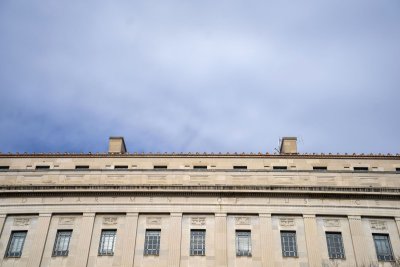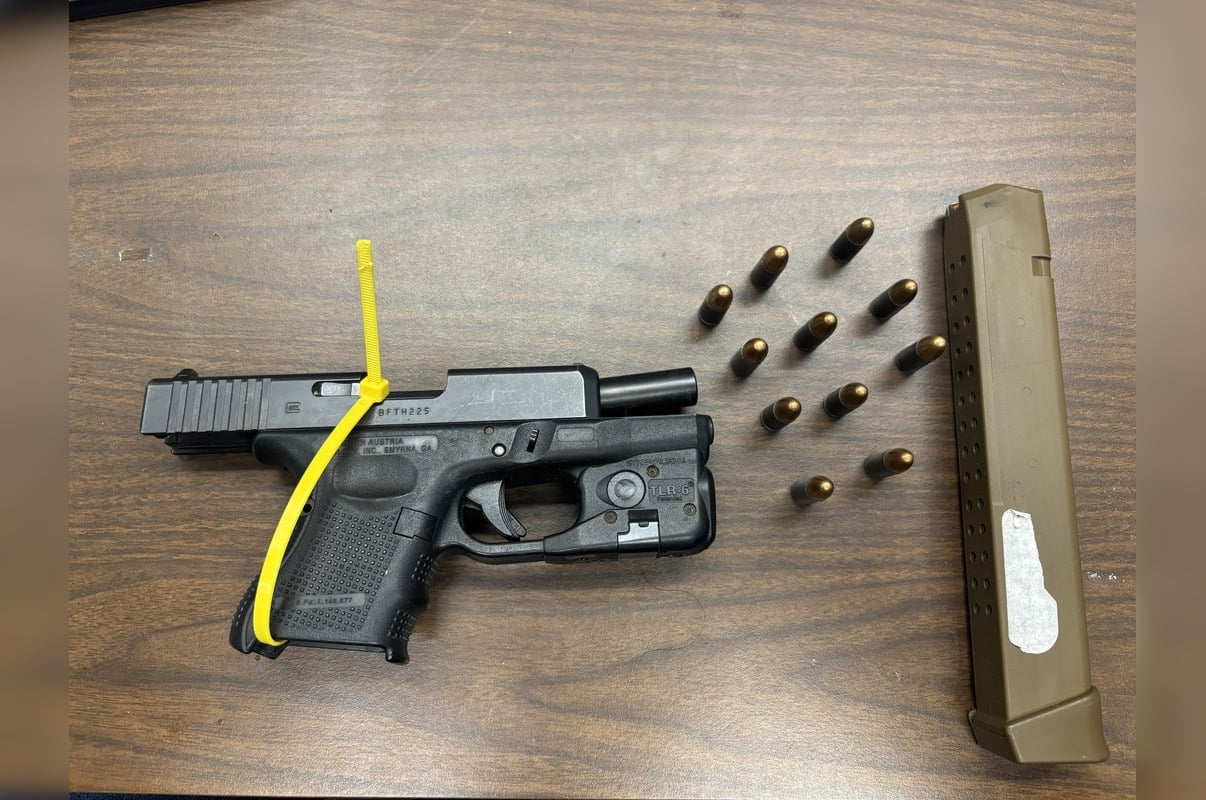UPDATE: A federal court has just declared that Bill Essayli has been unlawfully serving as the acting U.S. attorney for the Central District of California, a shocking ruling that could impact ongoing federal prosecutions. In an urgent order issued on October 29, 2023, Judge J. Michael Seabright of the Federal District Court in Hawaii confirmed that Essayli’s appointment violated the Federal Vacancies Reform Act, which restricts the duration federal officials can serve without Senate approval.
This decision comes as a critical moment for the Trump administration’s approach to appointing officials without congressional consent. Judge Seabright noted that Essayli has “unlawfully assumed” this role since July 29, 2025, raising questions about the legitimacy of his authority in ongoing legal matters. The ruling states that while Essayli cannot continue as acting U.S. attorney, he will remain in his capacity as first assistant U.S. attorney.
In response to the ruling, Essayli asserted, “For those who didn’t read the entire order, nothing is changing. I continue serving as the top federal prosecutor in the Central District of California.” His continued presence in the role may spark further debates about the administration’s practices and the implications for justice in the region.
The judge’s ruling followed motions from three defendants who sought to dismiss charges against them based on Essayli’s alleged illegal service. However, the court upheld the validity of the prosecutions, emphasizing that they remain valid despite the disqualification of Essayli.
This ruling is part of a troubling trend for the Trump administration, which has faced multiple legal setbacks regarding the appointment of acting officials. Recently, Judge Seabright’s decision echoes earlier rulings that targeted other appointees, including Alina Habba, who was found to have illegally served as acting U.S. attorney for New Jersey, and Sigal Chattah, who faced a similar ruling in Nevada. Both cases are currently under appeal.
As this story develops, the implications of the ruling are significant not only for the defendants involved but also for the integrity of federal appointments. Legal experts and political analysts will be closely monitoring how this ruling affects the broader landscape of federal law enforcement and the administration’s ongoing efforts to navigate legal challenges.
Stay tuned for updates as the situation evolves and further details emerge. This ruling marks a pivotal moment in the ongoing scrutiny of the Trump administration’s judicial appointments, highlighting the urgent need for accountability and transparency in federal positions.







